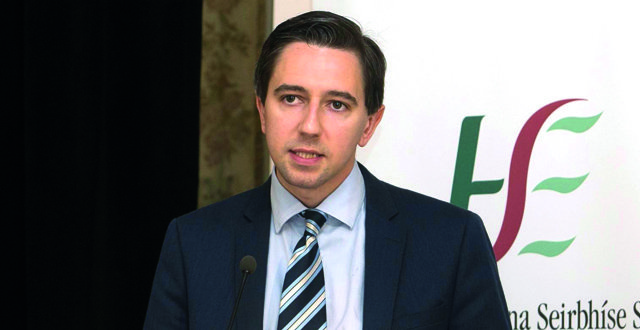In May, the Oireachtas Health Committee recommended the establishment of an independent investigation to examine the historical use of valproate medicines in Ireland and their ongoing effects. The Committee also said the issue of compensation should be examined.
Babies born to women who take valproate-containing medicines during pregnancy have a 30-40 per cent risk of developmental disability and a 10 per cent risk of birth defects. In Ireland, Epilim is licensed for epilepsy and bipolar disorder.
Approximately 400 children may have been affected by FACS, it is understood.
FACS Forum Chair Ms Joan O’Donnell told the <em><strong>Medical Independent (MI)</strong></em>: “Parents need to know how so many cases of foetal valproate syndrome were allowed to happen. The Irish public also deserve answers so that these tragedies do not happen again.
“Some of the complexities that arise in relation to the issue of compensation would also be addressed via an investigation. It is our belief that compensation is not only necessary; it is long overdue.”
Ms O’Donnell said there appeared to be some confusion on the Minister’s part with regard to the issue of an inquiry concerning those already affected, and current actions by the HSE and Health Products Regulatory Authority (HPRA).
“The HSE and HPRA response is based around ensuring that the incidence of FACS is reduced into the future and that appropriate services are provided for those already affected. They do not address the historical issue of potential accountability and the positive developments in recent months do not relieve the State of its responsibility to understand and address these historical issues.”
It is understood the Minister informed the FACS Forum that no decision had been taken on the compensation issue.
Meanwhile, at press time, the HSE had still not written to known recipients of the medicine under community drug schemes, despite urgent internal warnings last October that this must occur. In late May, the HSE said a letter would issue in the coming weeks. Patients should not stop taking the medication without consulting their doctor.
Mr Peter Murphy, CEO of Epilepsy Ireland, commented: “There has now been a delay of over a month in getting the letter out to over 3,000 female valproate patients to advise them on the risks and the steps they should now take in conjunction with their medical team.
“This delay is putting women on valproate and their children at further and unnecessary risk. Many of the women on the HSE’s mailing list will not have any awareness currently of the risks involved and for every week that this project is delayed, there is an increased risk of one or more of these patients becoming pregnant with potentially devastating consequences.”
A draft HSE Valproate Response plan outlining the approach on services and supports is the subject of “ongoing engagement” between the Department of Health and the HSE, according to the Department.
The HSE had not responded by time of publication.
Meanwhile, incidences of Epilim being dispensed in plastic bags without warning materials are still occurring. OACS (Organisation for Anticonvulsant Syndromes) Ireland tweeted an example on 12 July.













Leave a Reply
You must be logged in to post a comment.